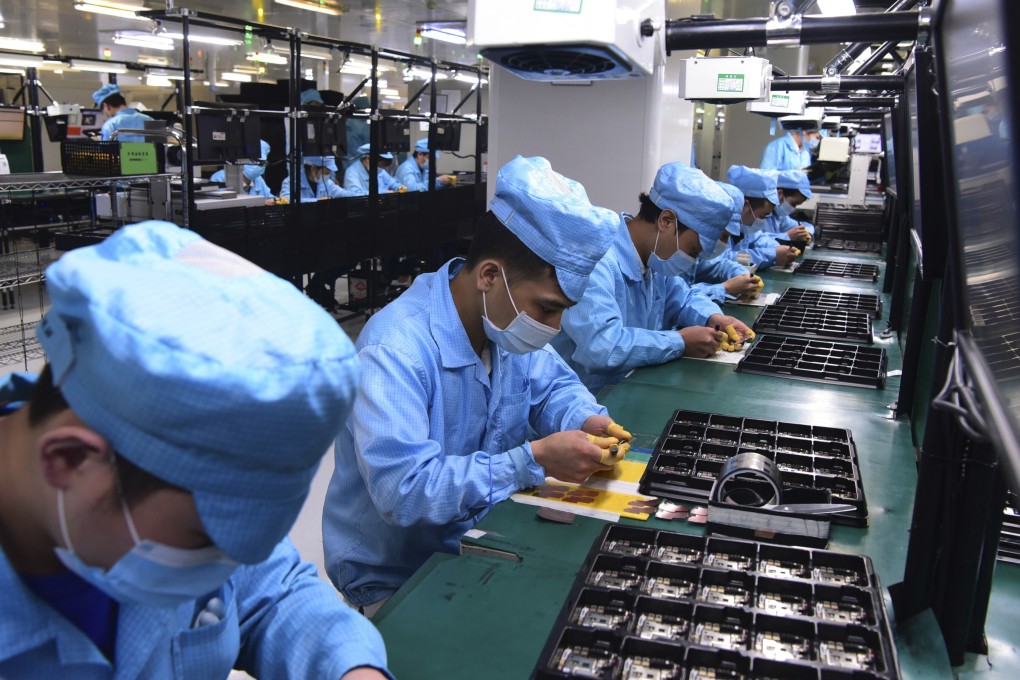Advertisement
Opinion | Three reasons China’s economy is strong but not invincible
- China’s economy is surging while the rest of the world struggles with the pandemic, bringing the day it surpasses the US as the leading economy ever closer
- Even so, China’s demographic time bomb, an only partially liberal financial market and systemic weakness in frontier science and technologies threaten its rise
Reading Time:4 minutes
Why you can trust SCMP
22

Where there is strength, fragility arises. The Chinese economy appears invincible following a pandemic that has destroyed the global economy. It grew 2.3 per cent in 2020, beating Beijing’s own expectations.
Aided by an appreciating yuan, the Chinese economy nearly surpassed that of the entire European Union in 2020 and reached almost 75 per cent of the United States’. The last nation to come this close to the US’ economic might was Japan.
China has devised a strategy to double the size of its economy again between 2020 and 2035, suggesting a 4.7 per cent average annual growth rate. The timetable for China to reach economic parity with the US has been brought forward to as early as 2026. This could fall in US President Joe Biden’s second term of office, leaving him the dubious honour of presiding over the cessation of the American century.
Advertisement
The Chinese economy is strong, but not invincible. Three economic forces can trap China’s growth: its demographic time bomb, a shallow and partially liberal financial market, and a systemic weakness in frontier science and technologies.
China’s population could begin to shrink before 2025. In 2022, China is expected to become an aged society, marked by 14 per cent of the population being 65 or older. When the US and Japan were this old, citizens were 2.4 times richer than China’s. In 2050, the median age in China will be 51, in the US, it will be 43 and in the EU, 47. By 2060, one-third of Chinese will be older than 65, making China the most aged country in the world.
Nobel laureate Edmund Phelps told me that if you strand many Robinson Crusoes on an island, a lot of them will innovate. Labour force matters in the innovation era.
Advertisement
Select Voice
Select Speed
1.00x
